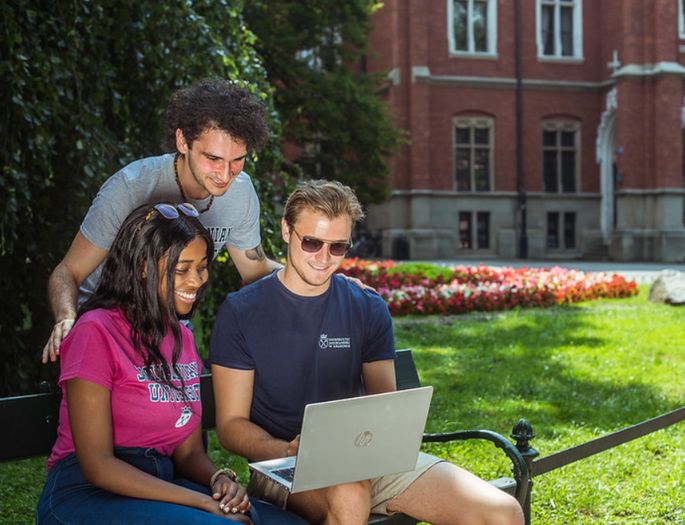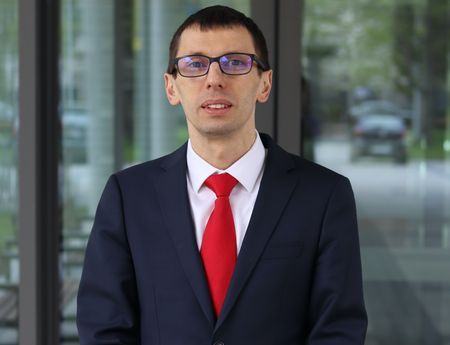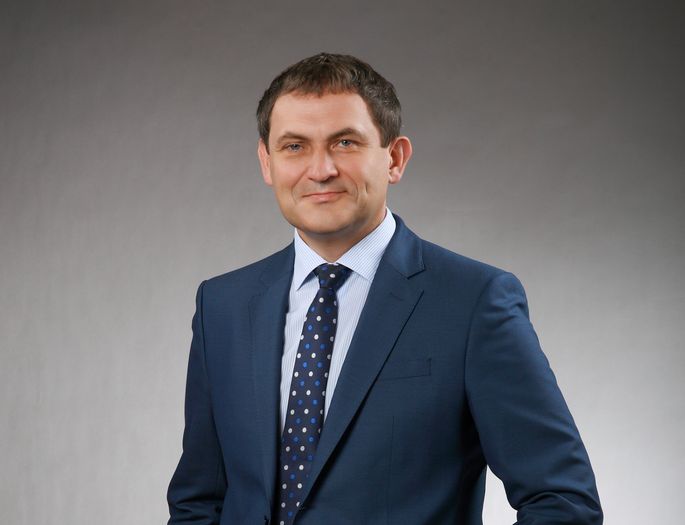
The European Commission has announced the results of the international competition Marie Skłodowska-Curie Doctoral Networks as part of the Horizon Europe programme. The goal of the scheme is to promote projects aimed at providing complex training to early stage researchers without a PhD by international interdisciplinary research teams in collaboration with non-academic institutions. Four of the awarded projects will involve Jagiellonian University doctoral students as consortium partners.
As stated on the European Commission website, ‘the objective of Doctoral Networks is to implement doctoral programmes by partnerships of organisations from different sectors across Europe and beyond to train highly skilled doctoral candidates, stimulate their creativity, enhance their innovation capacities and boost their employability in the long-term’. Applications to the programme can be submitted by consortia of universities, research institutions, businesses, SMEs and other non-academic organisations.
Altogether, 1066 applications were filed as part of the programme, 128 of which were recommended for the funding. The grant winning projects will provide training to 1900 doctoral students. 23 of the projects will be coordinated and run by Polish research entities, including 4 Jagiellonian University units.
The UPLIFT project (UPright radiotherapy: Learning, Innovation, Fellowship and Training) focuses on the innovative and promising upRT technology, which allows patients to undergo radiotherapy in an upright position. The project aims to educate experts who will seek answers to the key questions related to this new method, in the areas of treatment planning, clinical work, and equipment design. Their efforts are expected to revolutionise modern radiotherapy, making it more humane, accessible and sustainable. The consortium includes entities from Austria, Germany, Switzerland, Italy, the United Kingdom, and Poland. The Polish part of the project is conducted by the team led by Prof. Ewa Stępień and Prof. Paweł Moskal from the JU Faculty of Physics, Astronomy and Applied Computer Science.
The project ‘INsect Clock Initial Training Experience’ (INCITE) will involve the team of Prof. Elżbieta Pyza and Dr hab. Milena Damulewicz from the JU Faculty of Biology. Organisms inhabiting the Earth have developed the 24-hour endogenous circadian rhythm, which infiltrates every level of biological organisation, from molecular to ecological. This rhythm is a key form of adaptation to living on a rotating planet with predictable daily and seasonal cycles of light and darkness, warmth and cold. The network will provide the PhD students with modern training in the field of insect molecular chronobiology, adopting a comparative approach, within whose framework the circadian rhythm will be studied from various perspectives. The INCITE project will form highly qualified, mobile and employable graduates, welcome both in the academia and industry.
Another network involving the JU partners (Dr Natasza Styczyńska and Dr Emilian Kawalski, Prof. UJ from the Faculty of International and Political Studies) is IDEoPOP (‘International Dimensions and Effects of Populism’). It aims to investigate how the phenomenon of populism is related to the world politics. While the global growth of populist movements, political parties and governments has led to a sharp rise in the interest in the effects of populism on a national scale, its international consequences have not yet been sufficiently studied. The IDEoPOP doctoral student network will consolidate research into the international dimension of populism, shaping a new generation of researchers and leading to new findings related to coping with the results of populism on the international stage. They will be discussed within the framework of four separate working packages.
The EUFOG doctoral student network (Contested EU Foreign Policy in an Era of Geopolitics) will contribute to a better understanding of the ways in which the European Union re-examines the key principles of its international role in the face of a geopolitical shift in the international policy. The liberal world order, that is, the set of norms, institutions and power relations that defined the last decades of international political and economic relations, undergoes significant changes. Although the ultimate direction of these changes still remains unknown, the situation is certainly shaped by the return of the rivalry of superpowers (the USA, China, the EU, and Russia) in a multipolar world, additionally fuelled by rising geopolitical ambitions of many regional powers. These changes should lead to a systematic review of the international role of the EU. The EUFOG will train a generation of researchers specialising in the ways in which the EU foreign policy reacts to the new international reality in a wide range of areas: from security and trade to human rights. The consortium partners include the team of Dr hab. Magdalena Góra, Prof. UJ from the JU Faculty of International and Political Studies.





